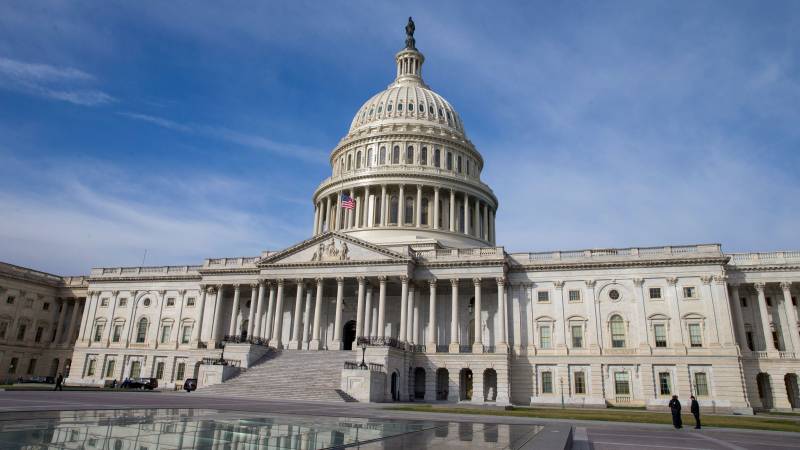The most powerful way to get people to save for retirement in recent decades has been through benefits offered at their job. But a lot of people — about half the American workforce — don't get that from their employers.
"Over 50 million workers right now don't have access to any retirement plan at all," said David Certner, legislative counsel for AARP.
Small employers are the biggest segment lacking coverage, he said. That's because many small businesses lack the time and money to set such programs up, he said.
The new law, called the Secure Act, aims to help with that, in part by allowing smaller employers to band together to share the administrative burden — making it cheaper and easier to offer retirement benefits. How many will do so and expand their retirement benefits is far from clear because the program is optional.
And, Certner said, the law won't apply to many other workers who aren't classified as employees. Contractors or gig workers aren't eligible for those benefits.

9(MDAxOTAwOTE4MDEyMTkxMDAzNjczZDljZA004))
